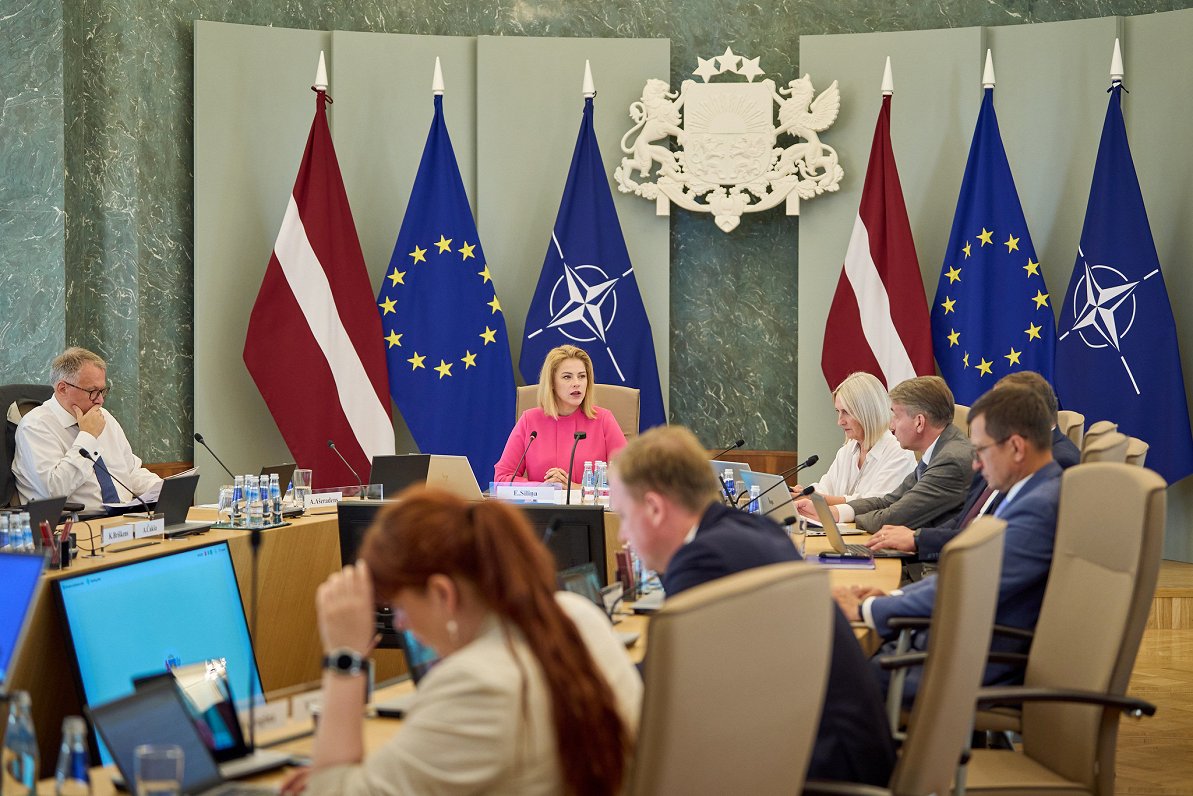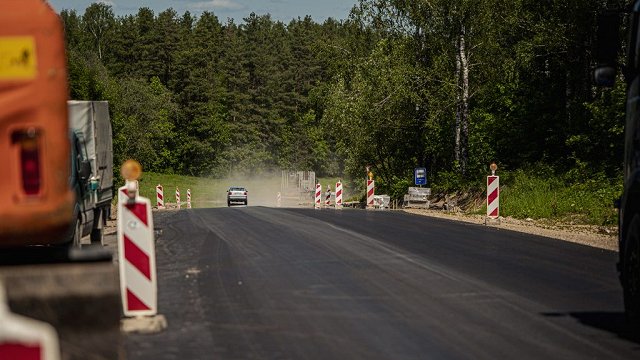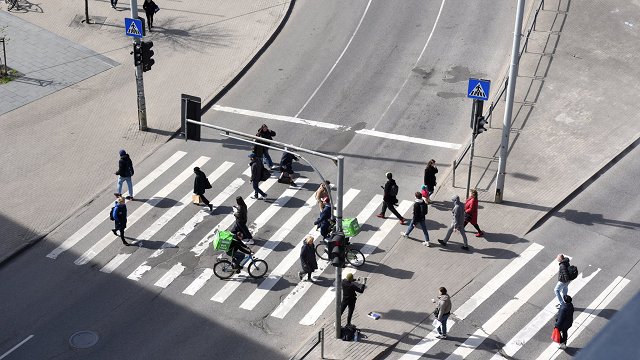This means that the first phase of Rail Baltica construction (by 2030) should include a connection to Riga and a bypass at Salaspils. Just two days ago, the project's officials admitted that due to the cost of the first phase, the connection from the Central Station to Upeslejas, where the Rīga track is to be connected to the main line, would not be built.
The first phase currently costs €6.4 billion for Latvia. The Government has not yet decided on the financing, and the Ministry of Transport will prepare a separate report.
After the end of the government meeting, Prime Minister Evika Siliņa (New Unity) told the media that "the government, the Ministry of Transport and the project promoters were convinced that this project would be implemented with the funds from the European Union budget", but this would not be possible because the project now costs four times more. Therefore, money must be found to finance it and the benefits of this massive project must be explained to the public.
Connectivity to Riga from both sides must be a priority in the first phase of the project, the Prime Minister said.
"The government has in fact set a clear objective that Riga should be in the first phase of the project, despite the fact that there are enough challenges in this project to put Riga on the main route already in the first phase. That is why we defined in the government that Riga should be in the first phase. This cannot remain an unresolved issue," the Prime Minister said.
So far, Latvia has managed to raise around €1 billion for the project, but the first phase will cost around €6.4 billion. This means that more than €5 billion still needs to be raised - that's both European funding, government funding and help from the private investors it plans to attract.
The cost of the first phase of the project in the Baltics is estimated at more than €15 billion. This is 2.6 times more than the original double-track project, so the decision-makers have announced only a single track would be built to save money.
Meanwhile, the overall project has risen in cost from just under €6 billion to almost €24 billion.
The missing €39 million that the state has to pay to the builders for work already done and the extra cost of construction is also still an important issue. The Ministry of Transport appealed to the government at the end of May, arguing that the national budget should be used to help. The ministry said that the government expects to consider the issue by the end of the month.

































